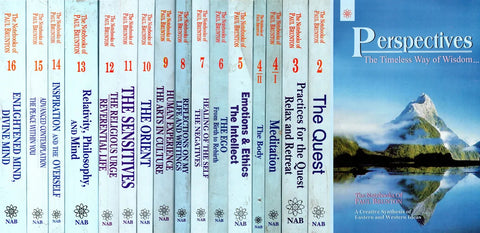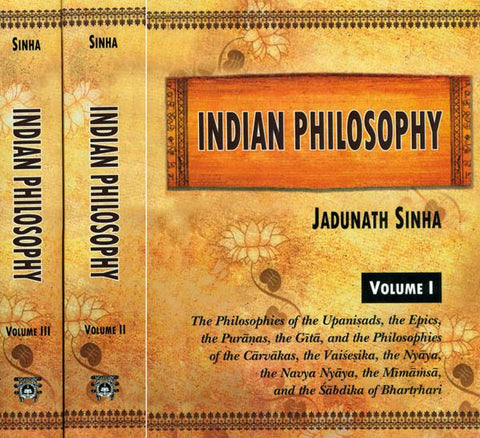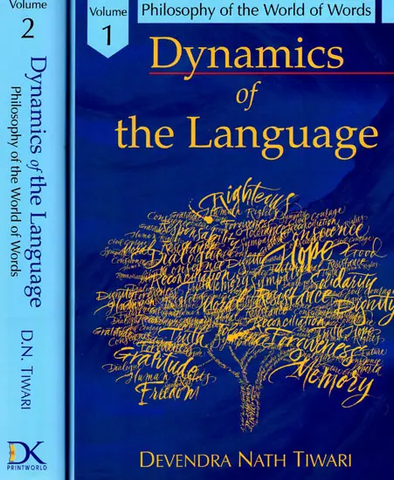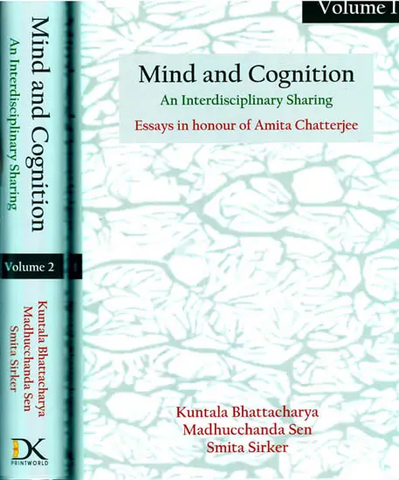Your cart is empty now.
IT gives me deep pleasure to write these lines as Foreword to A Concise Dictionary of Philosophy which has been co-authored by Professor V. Kutumba Sastry and Professor K. Srinivas. Both are very distinguished scholars and quite familiar with the philosophy as developed in India and Europe. The subjects covered in this well-researched volume contain many entries which are central to the discipline of philosophy but, strictly speaking, not parts of it in the received sense. Some entries from the disciplines very close to philosophy have been thoughtfully included in this dictionary. I can well imagine the pains that the authors of this admirable volume have taken to produce it.
I am not aware of any other dictionary in India which is comparable in quality and scope to this really comprehensive work. I have the pleasure of knowing both the authors of this dictionary and am aware of their acuity of intellect and dedication to the subject. I am also very happy to note that this dictionary has been dedicated to Professor R. Balasubramanian who is an outstanding philosopher of our country and well known for his many-sided scholarship and familiarity with the current philosophical systems of the East and the West.
This book, I am sure, will be received well by the academia and prove very useful to the scholars, students and the reading public interested in knowing about the disciplines of philosophy in its broad and modern sense.
THE preparation of a dictionary like this would amount to performing an yajna. Just as the performance of an yajna is intended to do good to everyone (lokakalyana), the preparation of a dictionary is intended to promote conceptual clarity. In the absence of conceptual clarity our understanding of the subject-matter in question remains opaque and blurred. The concepts of philosophy in general have many connotations. For instance, the concept of dharma is understood as ethical merit, as duty, as principle of motion, as karma and so on. Therefore, the sense in which a concept is used, by and large, is context-dependent. Yet, we assign primary or general meaning to the concepts, for otherwise they look empty. The purpose of this dictionary is to highlight the general as well as the intended meaning of a concept in a definite context. This is the reason why lexicography has been treated as an empirical science by W.V. Quine. Normally the intended meaning of a concept is highlighted through the philosophy of a thinker or through the philosophy of a particular school of thought. Keeping this in mind we have given equal importance to the concepts, to the various schools of thought, and to the philosophies of the most prominent thinkers of the Orient as well as the Occident. In the process of preparing a glossary to this work we might have missed some of the most important concepts, philosophies, and philosophers. Such omissions are purely the result of an oversight but not of deliberate choice.
Delivery and Shipping Policy
- INTERNATIONAL SHIPPING
- Rs.1000-1100/kg
- ESTD. Delivery Time: 2-3 weeks (depending on location)
- Bubble Wrapped with Extra Padding
- NATIONAL SHIPPING
- NCR: Rs. 30/half kg
- Standard: Rs. 80/half kg
- Express shipments also available on Request
- ESTD. Delivery Time: Ranging from 1-4 days up to 7 business days (Depending on your choice of Delivery)
- TRACKING
- All orders; national or international, will be provided with a Tracking ID to check the status of their respective orders
- Depending on the Shipping Service, Tracking ID may be used on their respective tracking portals
Frequently Asked Questions (FAQs)
Domestic Shipping: 3-4 Days (after shipping)
International Shipping: 1-2 weeks (based on your location)
You will receive an email once your order has been shipped or you can email us if you didn't receive tracking details (info@mlbd.co.in)
Every book that we sell is the latest edition except all the rare books
Yes, we do provide free shipping, only on domestic orders (within India) above Rs.1500







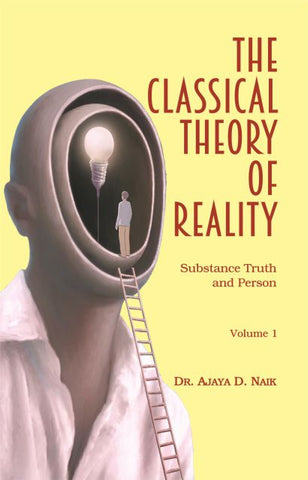
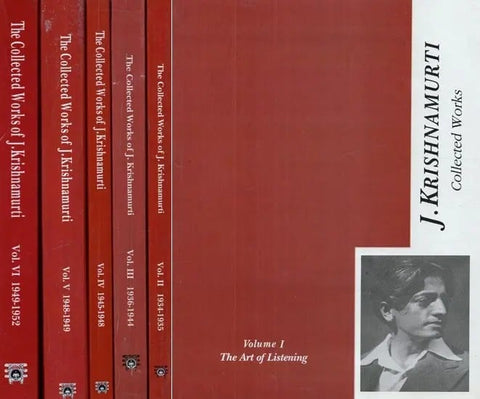

![A HISTORY OF INDIAN PHILOSOPHY [5 VOLUMES] by Surendranath Dasgupta](http://www.motilalbanarsidass.com/cdn/shop/products/HISTORYOFINDIANPHILOSOPHY_large.jpg?v=1675238163)

